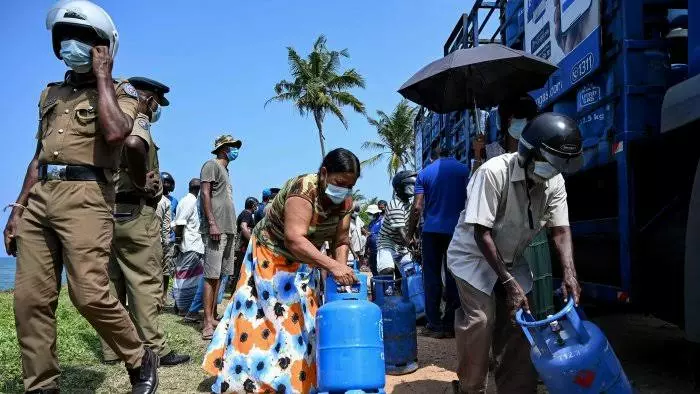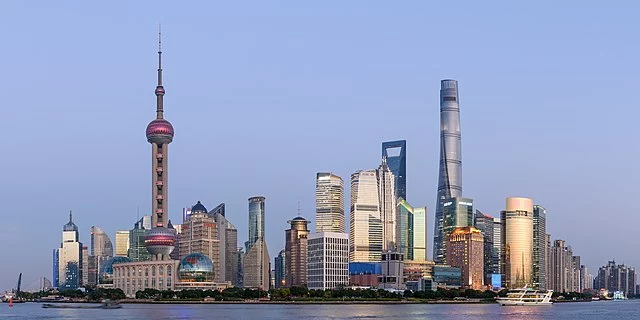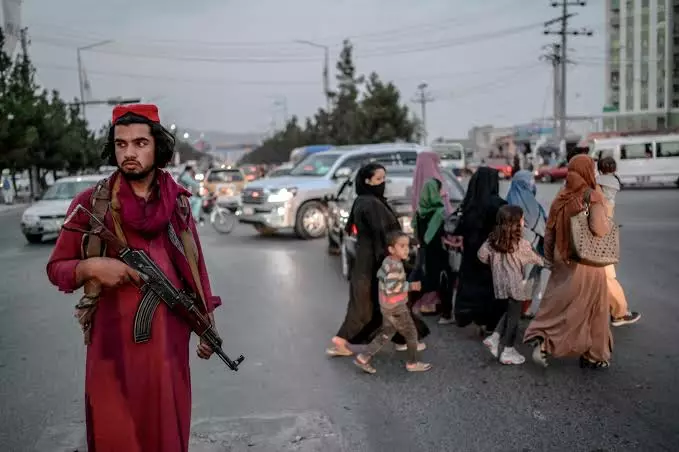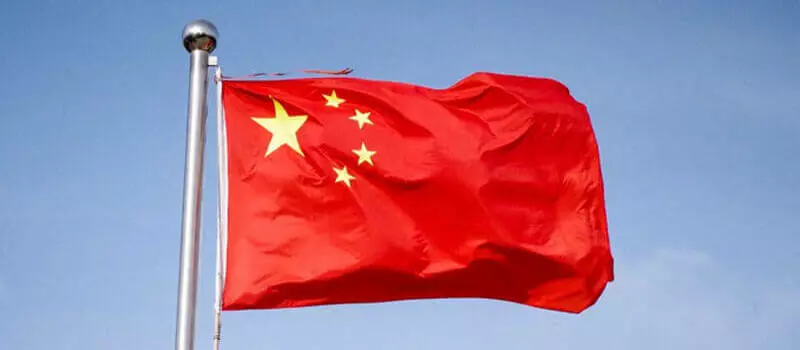A lot of bizarre things have been happening around the world lately. One such bizarre headline made its way from Sri Lanka. The crisis in Sri Lanka has not been talked about. As the economic crisis worsens, Sri Lankan newspapers ran out of newsprint.
According to Upali Newspapers, their English-language daily, The Island, and its Sinhalese counterpart, Divaina, will only be available online. Additionally, cash-strapped Sri Lanka cancels school exams due to a shortage of paper According to official sources, the move could effectively stall tests for roughly two-thirds of the country's 4.5 million students. With Russia’s invasion of Ukraine, almost everything else has been forgotten. Sri Lanka is an island nation with a population of roughly 22 million people. The country is no stranger to conflicts. The South Asian nation is experiencing its worst economic meltdown since gaining independence from Britain in 1948, as its foreign reserves have plummeted.
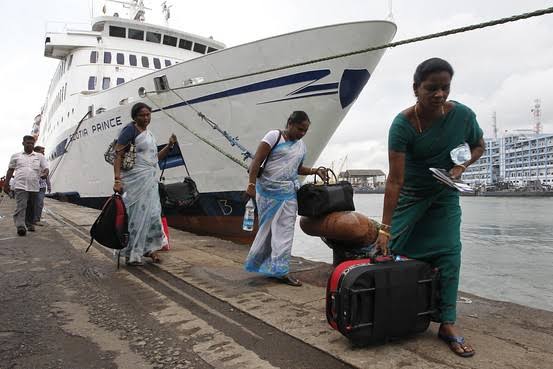
Protests in Sri Lanka's capital have erupted over President Gotabaya Rajapaksa's resignation, as the country faces its worst economic crisis in decades. Tens of thousands of people gathered in Colombo outside the president's office, led by supporters of the opposition party, the United People's Force. The protests erupted over fuel shortage. Demonstrators accused the government of mismanaging the economy and causing a currency crisis, which has resulted in shortages of necessities such as fuel, cooking gas, milk powder, and medicine. Sri Lanka is having difficulty paying for imports because its foreign reserves have reached an all-time low. Fuel shortages have hampered intra-country transportation, including the delivery of essential goods, and this has resulted in daily power outages lasting several hours.

These shortages have led to sporadic acts of violence amongst citizens. Images shared on social media showed a group of enraged women blocking a coach transporting tourists in order to protest a shortage of kerosene, which is required for cooking stoves. There have been instances of stabbing as well. To counter this, Sri Lanka has ordered its military to station soldiers at hundreds of petrol stations to assist in the distribution of fuel following a sudden increase in the prices of key commodities and the resulting shortages, which forced tens of thousands of people to queue for hours.

Experts say that this can trigger a mass exodus of sorts. Sri Lankans are trying to flee the mess caused by their government. So far, 16 refugees fleeing food shortages and economic misery in Sri Lanka, which is experiencing a currency crisis, have arrived in Tamil Nadu but face an uncertain future because India has no law to protect them. These refugees are from Jaffna and Kokkupadaiyan in northern Sri Lanka, and they travelled a long distance to reach India. Three men, six women, a four-month-old infant, and seven children are among the refugees. They were rescued from the islands near Rameswaram and Dhanushkodi. What makes things difficult for them is that India does not have a refugee law in place as it is not a signatory to the 1951 UN Convention Relating to the Status of Refugees and the related protocol. In 2020, the Government of India had come under fire for CAA and NRC. The laws introduced in the garb of protecting refugees, failed to include Sri Lankan Tamils who had fled the war early on. Moreover, states of India have no say with respect to treatment of refugees as immigration comes under the union list. As the world has a sudden new found sympathy for refugees fleeing catastrophic conditions, it is important to ask whether the world would be as kind to Sri Lankan refugees as they currently are with white Ukrainian refugees?
